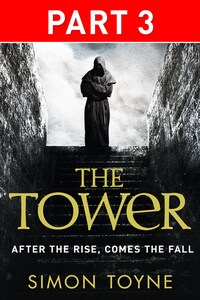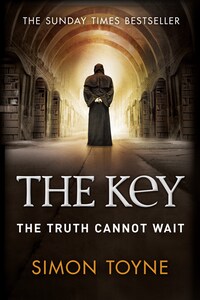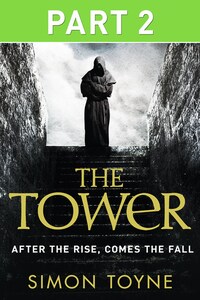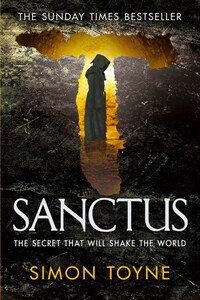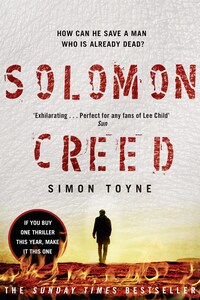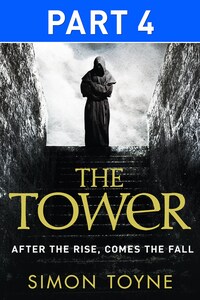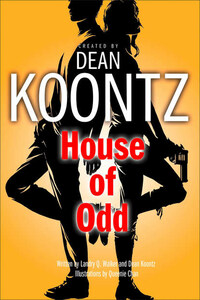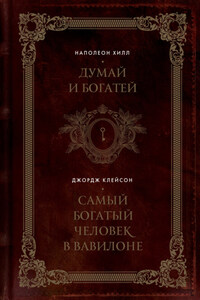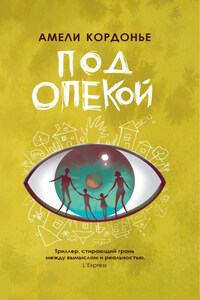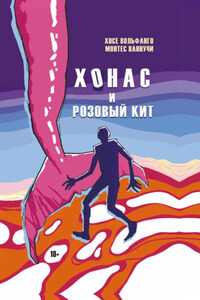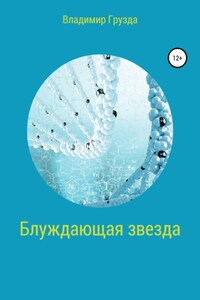The C-130 bumped and lurched as the wheels lifted from the tarmac of Turner’s Field. Shepherd was strapped tight into a jump seat facing inward in the paratrooper position, the sound of the four turboprops filling his ears and vibrating through his entire body as they struggled to grab hold of the slippery air.
They were in what was known as a Bubird, part of the Bureau’s varied and colourful fleet of mostly confiscated aircraft. The C-130 was generally used for transport rather than passengers, but this had happened to be the one gassed up and ready to go when Franklin put in the call. It had previously belonged to a Mexican drug cartel, the pilot had cheerfully told Shepherd as they were prepping for take-off. The Mexicans had obviously stripped the interior to the bare fuselage in order to cram in as much product as possible. So far no one had deemed it necessary to put any of those little comforts back in again – things like sound-proofing or heating or padding for the sharp, metal-edged seats that were already cutting off the circulation below his knees. He adjusted his position in a vain attempt to get more comfortable, hugging to his chest the field laptop Agent Smith had given him and wrapping the shoulder strap round his hand for extra security.
They started to bank to starboard, into the weather over Chesapeake Bay, and the plane shook in protest, dipping and yawing as the wind batted it around like a kid’s toy.
Franklin was strapped into an identical chair directly opposite. He had the visor down on his flight helmet, so Shepherd couldn’t tell whether he was looking at him or not. Shepherd felt pretty sure Franklin would can him from the investigation at the first opportunity and send him straight back to Quantico, exhausted and way behind on his work. At least it was nearly Christmas, so he could catch up over the break when everyone else went home.
Home
He closed his eyes and did his best to zone out the hellish flight, remembering back to a time when the word home had almost meant something to him. His folks were already old when they had him – a mistake, his aunt had said, but then she said a lot of mean things. They died within months of each other when he was five years old. What little he could still remember of them played out like scratchy fragments of old newsreel: his father, cowed and frail, sitting alone at the dinner table, his weak eyes magnified behind foggy glasses, always fixed on an open book in front of him; his mother, staring out of the kitchen window, a slender cigarette pointing out at who knew what, looking like she envied the smoke for being able to drift away and escape. They were aged beyond their years: she from the cigarettes she could never give up, he from a life of worn-down disappointment.
Shepherd got his brains from his dad who had burned through books as fast as his mother went through Virginia Slims. His father always worked several jobs at once and one of them was always a night-watchman position, so he could do his rounds and then read in solitude and quiet. When his heart gave out, a couple of months after his mother’s lungs had done the same, it was discovered that he had been smart enough to hide some of his income from his wife and stick it in policies in his son’s name. The will made his aunt his guardian and stipulated that all of the money – bar a small lump sum for his aunt – was to be held in trust and used only to pay for his education. Furious perhaps at the sum her brother had managed to save and the relatively small amount left to her, the aunt sent him – the son of her atheist brother – to the strictest religious institution she could find, an overly-fancy boarding school, which took him away from what blood relatives remained and introduced him to a new kind of loneliness.
There is something particularly cruel about tossing a poor boy into a moneyed environment. They called him ‘The Nigger’, though he was as white as they were – which told you as much about them and their world as it did about him and his situation.
There had been nothing nurturing about St Matthew the Apostle: no kindly headmaster who saw and encouraged his potential; no tight-knit group of friends looking out for one another and bound together by their otherness. He had been on his own from the moment he stepped through the grand, arched doors.
He had withdrawn into his studies, the one area where he could take them on: in maths and science in particular it didn’t matter how much money your daddy had, only whether you got the questions right. There was also much less chance of being cornered and beasted in the study rooms because there was – almost always – a tutor present. But for all this misery, there was one good thing that had come out of St Matthew’s. It was here that he had discovered and fallen in love with the stars.
